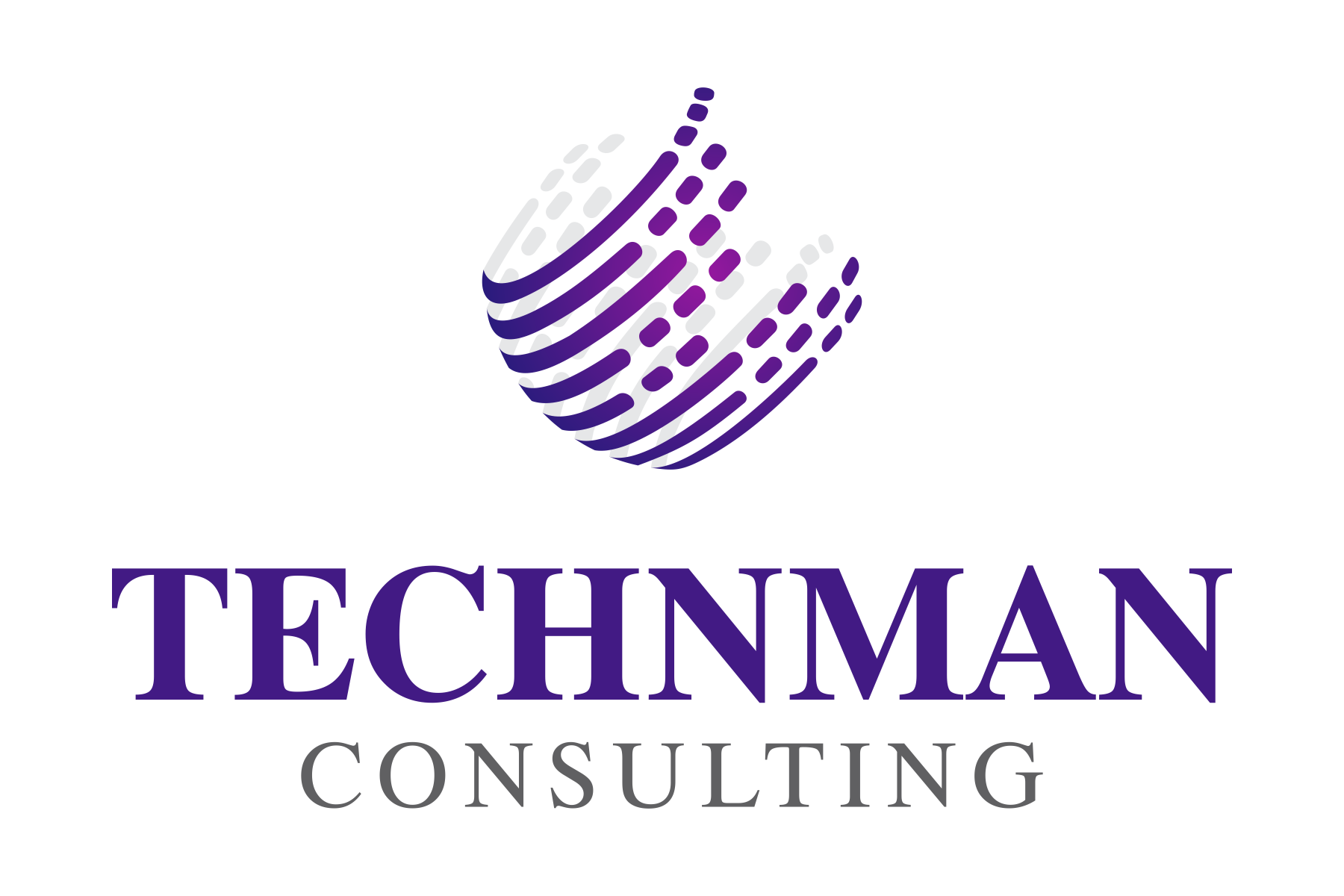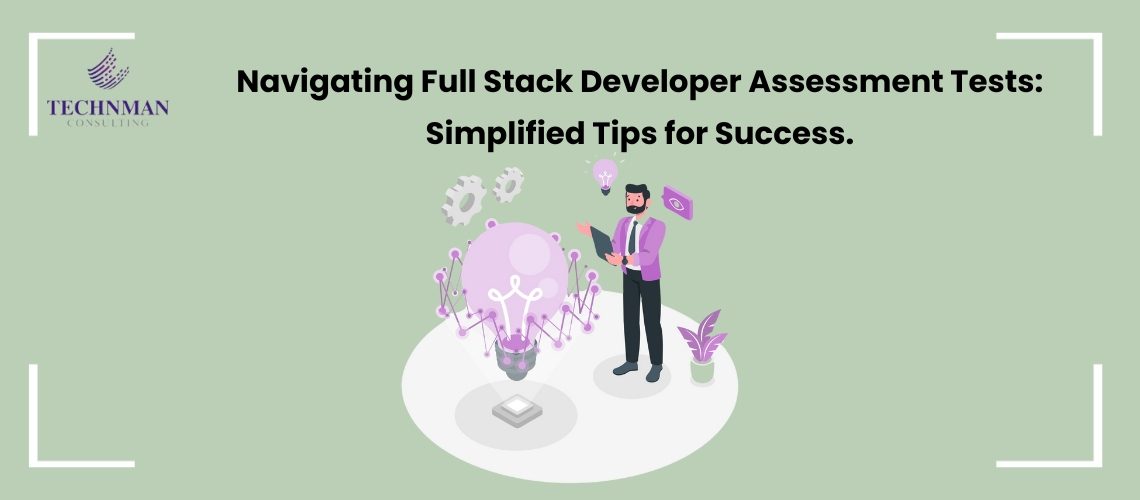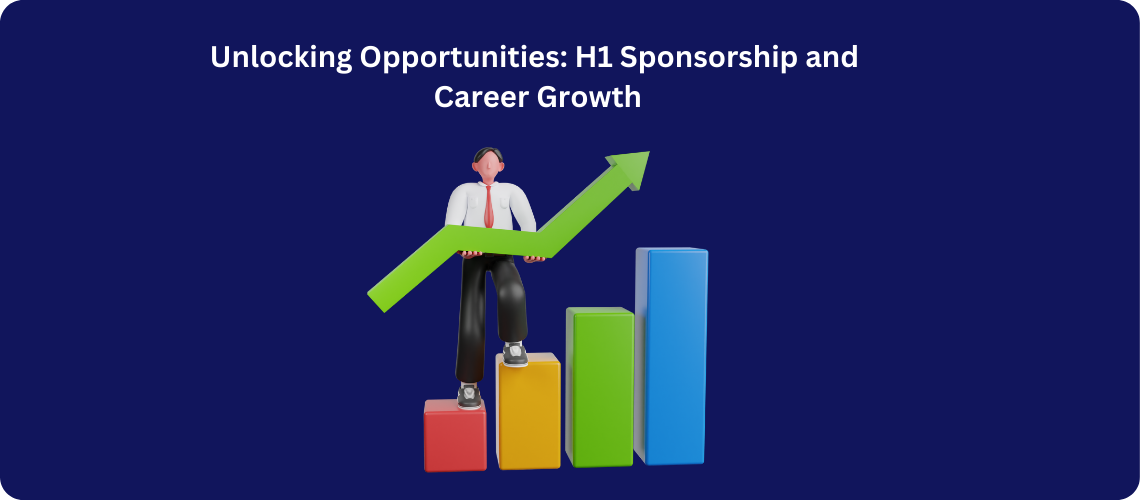As the demand for skilled Full Stack Developers grows, ambitious professionals in this industry must excel in assessment examinations. These tests are vital in identifying your fitness for desired Full Stack Developer employment by evaluating your knowledge, skills, and problem-solving abilities. These assessments can be difficult to navigate, but with the appropriate strategy and preparation, you can boost your chances of success.
We will present simplified advice in this blog article to help you navigate Full Stack Developer assessment test and properly exhibit your capabilities.
Understand the Test Structure and Objectives
Before you begin preparing for the assessment test, familiarize yourself with its structure and objectives. Learn about the topics and abilities that will be evaluated, including front-end and back-end development, databases, frameworks, algorithms, and problem-solving. Understanding the format, time limits, and scoring criteria of the test will allow you to plan your preparation and devote time properly.
Examine Core Concepts and Technologies
Assessment examinations frequently concentrate on core concepts and technologies related to Full Stack Development. Examine essential programming languages such JavaScript, HTML, and CSS, as well as back-end languages like Python, Java, and Ruby. Revisit popular frameworks, libraries, and tools like React, Angular, Node.js, Express, and databases like MySQL or MongoDB. Improve your understanding of fundamental concepts such as data structures, algorithms, APIs, and HTTP protocols.
Coding and Problem Solving-
Coding and problem-solving skills are essential to the employment of a Full Stack Developer, and evaluation exams often examine these talents. Spend time practicing coding activities and solving programming difficulties. Use online platforms like LeetCode, HackerRank, or Codewars to hone your problem-solving skills and become acquainted with typical coding issues. Concentrate on improving code efficiency, readability, and best practices.
Create Real-World Projects
Showcase your practical skills by creating real-world projects highlighting your Full Stack Development expertise. Create web apps that integrate many technologies and frameworks and include both front-end and back-end components. This hands-on experience not only reinforces your knowledge but also provides you with concrete examples to discuss during interviews or in assessment test responses.
Stay Current on Industry Trends
Because full-stack development is a quickly growing profession, staying current on the newest trends and technologies is critical. Keep up to date on new frameworks, tools, best practices, and emerging technologies by following industry blogs, forums, and newsletters. Understanding current industry trends not only improves your technical knowledge but also exhibits your excitement and dedication to lifelong learning.
Participate in Collaborative Coding tasks and Seek Feedback
Participate in collaborative coding tasks and seek feedback from peers or mentors. Participate in coding challenges, hackathons, or open-source projects to interact with and learn from other developers. Peer feedback can provide useful insights, indicate areas for growth, and introduce you to new problem-solving ways.
Time Management and Test Strategy
Time management is critical during the assessment test. Read the instructions carefully, set aside time for each question or segment, and prioritize accordingly. If you come into a difficult problem, don’t get trapped for too long. Continue with other questions and return to it later if time allows. Keep track of your progress and make an effort to answer all questions in order to optimize your score.
What does the test Cover?
The Full Stack Developer assessment test usually covers a wide range of topics and abilities in order to measure a candidate’s expertise in numerous parts of web development. While the particular content of the test may vary based on the firm or organization administering it, the following are some typical categories that are frequently included in Full Stack Developer assessment tests:
Front End Development
HTML, CSS, and JavaScript: Understanding of markup languages, stylesheets, and client-side scripting is required.
Responsive Design: The ability to develop online apps that adjust to various screen sizes and devices.
Understanding of user interface (UI) principles, usability, and user experience (UX) considerations.
Back End Development
Server-Side Programming Languages: Expertise in server-side programming languages such as Python, Java, Ruby, or Node.js.
Frameworks and Libraries: Knowledge of popular back-end frameworks such as Express, Django, Flask, or Ruby on Rails is required.
Databases: Knowledge of database concepts, query languages (such as SQL), and experience dealing with relational or NoSQL databases.
Integration with Full Stack Architecture
Ability to design, construct, and consume APIs (Application Programming Interfaces) for data interchange between front-end and back-end systems.
Microservices and SOA: Understanding of developing and integrating modular, scalable, and loosely linked services.
System Architecture and Deployment: Knowledge of how to install applications on servers, cloud platforms, or containerization technologies such as Docker.
Collaboration and Version Control
Git and GitHub: Ability to use Git for version control and collaborate with other developers using platforms such as GitHub or GitLab.
Experience working with other developers on shared codebases, resolving merge disputes, and preserving code integrity is required.
Problem-Solving and Algorithms
Data Structures: Understanding of fundamental data structures such as arrays, linked lists, stacks, queues, trees, and graphs.
Algorithms and Complexity Analysis: Knowledge of common algorithms, sorting, searching, and analyzing their efficiency (Big O notation).
Debugging and testing
Testing Frameworks: Experience with unit testing frameworks such as Jest, Mocha, or PyTest is required.
Debugging and troubleshooting: The ability to identify and resolve flaws in code, trace errors, and efficiently use debugging tools.
Conclusion
Mastering Full Stack Developer assessment tests necessitates a blend of technical knowledge, problem-solving abilities, and strategic planning. You can navigate these tests with confidence and increase your chances of success by understanding the test structure, reviewing core concepts, practicing coding and problem-solving, building real-world projects, staying up to date with industry trends, collaborating with peers, and effectively managing your time. Remember that preparation and ongoing learning are essential for realizing your full potential as a Full Stack Developer and securing your desired job in this fast-paced industry.





